Women of faith in Bicol are transforming backyard enterprises into climate-smart, income-generating ventures through programs like the Pili Hub and Babuyang Walang Amoy, supported by the Diocese of Legazpi.
ALBAY – Across Bicol, women from a faith-driven enterprise network are quietly reshaping their communities. Through farming, processing, and small-scale innovation, they’re turning everyday work into reliable livelihoods.
A key partner in this transformation is the Socio-Economic Development Program Multi-Purpose Cooperative (SEDP-MPC), the business development arm of the Diocese of Legazpi. Through microfinance loans, business training, and market access, SEDP supports more than 100,000 microfinance clients, of whom 85 to 90 percent are women.
From selling goods in bus terminals, they now supply premium stores in Manila and are preparing products for export. SEDP-MPC works with more than 100 suppliers, with 10 to 20 already poised for international markets.
Among its most transformative programs are the Pili Hub and Babuyang Walang Amoy, flagship enterprises that address climate and environmental risks while uplifting women and families.
“It takes an entire community to raise a microentrepreneur,” says Executive Director Noemi Bonaobra, whose leadership has guided SEDP’s mission of faith-driven development.
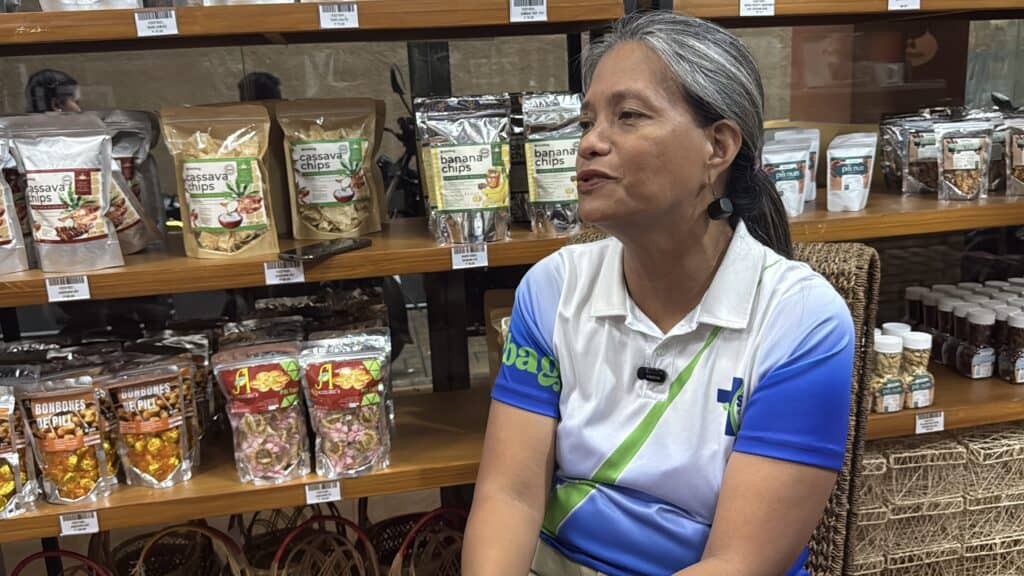
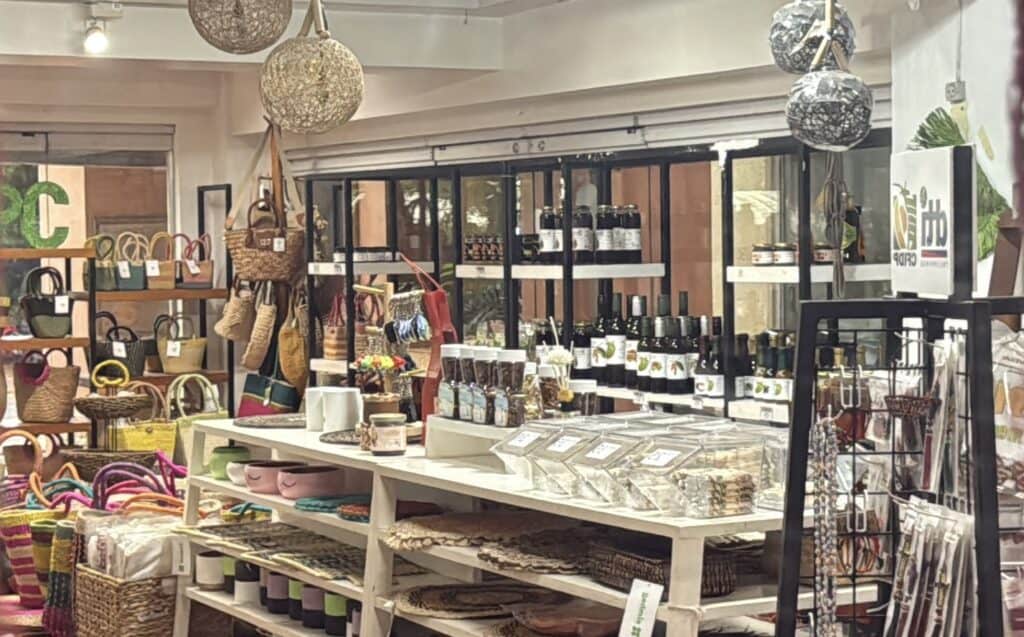

Women building climate-smart supply chains
The Pili Hub is led by Remegia Balucio, a veteran microfinance leader who had been with SEDP since 1995. She retired from SEDP in 2021 but has since taken on the role of managing director of the Pili Hub, which she also helped establish. She views this role as a natural extension of her decades-long work empowering women.
“We want farmers, especially women, to take opportunities,” Balucio says. “There are many businesses asking for pili harvest. We help them market or buy their pili at fair prices, sometimes with negotiated payments to ease their cash flow.”
The hub consolidates pili harvests from communities across Bicol, especially in Sorsogon, where women make up 98 percent of microfinance members. In its first year, the hub purchased over 30 tons of pili, benefiting 500 to 700 farmers. Women serve as consolidators, processors, and on-call workers, turning raw harvests into products like massage oil and pili pulp soap.
Training is central to the hub’s success. Women learn grafting, planting, and processing techniques in partnership with the Department of Agriculture. They also explore climate-smart solutions like solar dryers and crop diversification to increase resilience.
Challenges didn’t stop them. “There was no ready technology for some processes,” Balucio recalls. “We had to learn through trial and error, like finding the exact 60°C needed for blanching pili kernels to preserve texture and flavor. Machines were fabricated locally, and women led the adaptation process.”
In typhoon-prone Bicol, the hub plays a vital role in protecting harvests and stabilizing incomes, especially for farmers, who are often among the hardest hit. The hub’s storage facility allows farmers to hold stock until prices rise, protecting income. One consolidator from Barangay Santo Niño in Sorsogon used her earnings to send her daughter to college who graduated last year.
During the pandemic, when pili harvests were left unsold and rotting, the hub became a lifeline. “That was the start of the industry’s rise again,” Balucio says. Women kept the supply chain moving, proving that resilience is built through community and care.
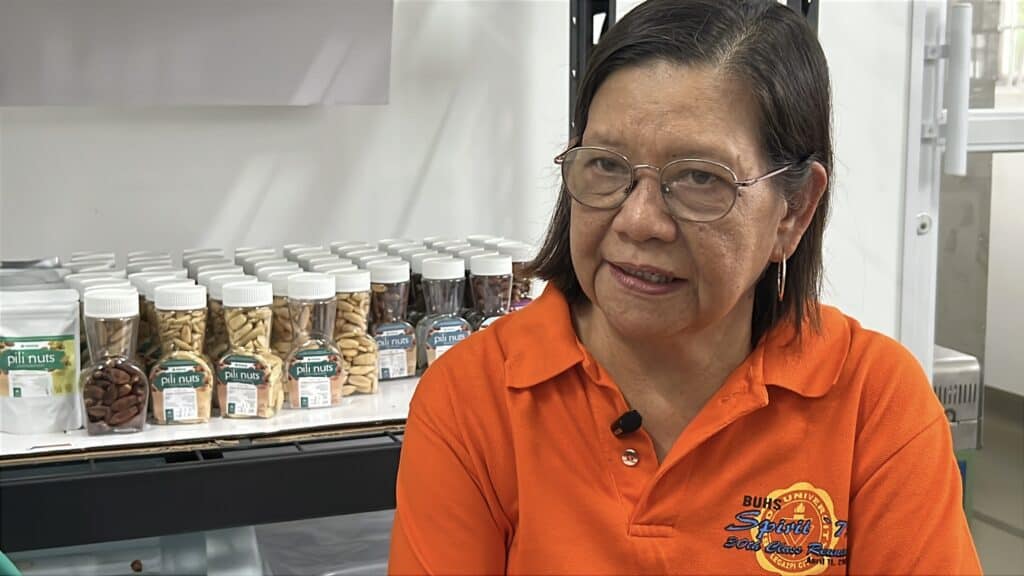
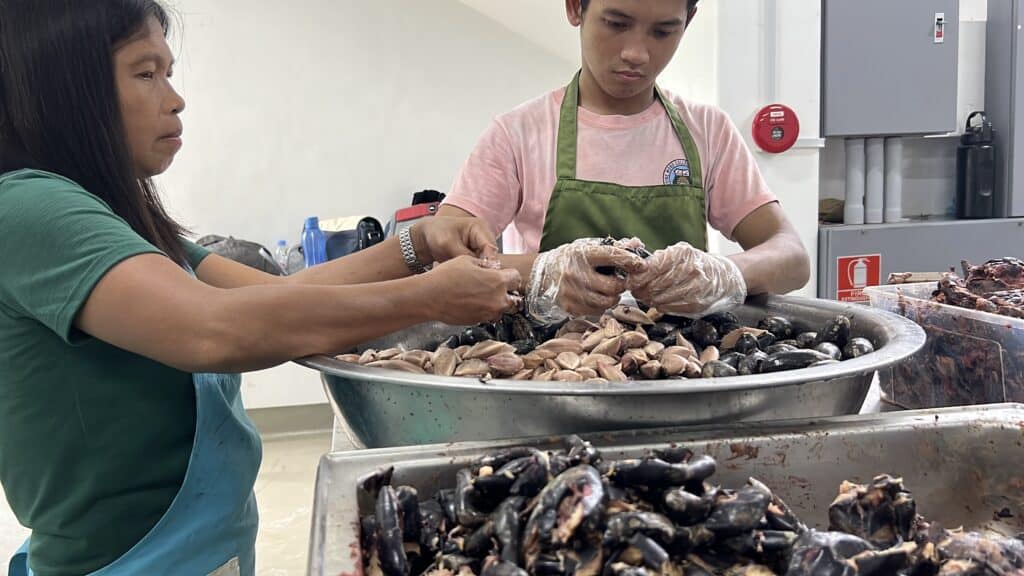
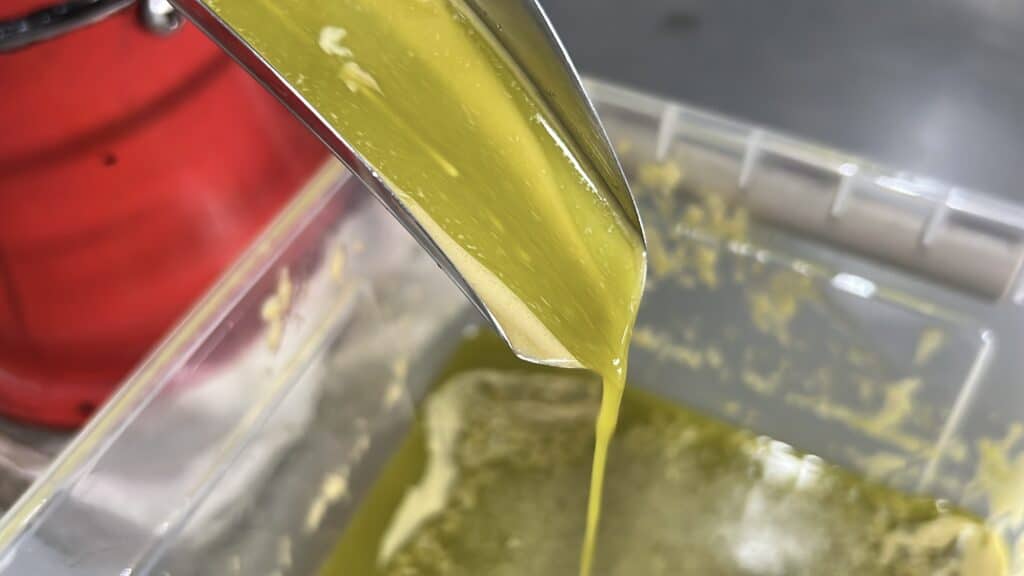
Babuyang walang amoy: clean, sustainable pig farming
Alongside pili, another unlikely hero of climate-smart farming is the humble pig, built on a Department of Agriculture concept.
In 2017, SEDP-MPC launched Babuyang Walang Amoy, a pig-raising initiative that turns typical backyard piggeries into zero-odor, environmentally friendly farms. At the helm is Cynthia Carmelo Bruma, SEDP’s Credit and Development Financing Manager and acting Officer-in-Charge of the program.
According to Bruma, the initiative was born out of SEDP-MPC’s desire to help microentrepreneurs grow their livelihoods without compromising the environment or public health—risks often associated with conventional piggery practices.
Bruma explains that Babuyang Walang Amoy is built on three pillars: strict animal care, plant-based feeds, and a pen design that keeps pigs and their surroundings clean. Each pigpen harnesses the pigs’ natural wallowing behavior, guiding waste into a designated pool that’s regularly cleaned and refilled.
“We take advantage of their instinct to wallow,” Bruma says. “They relieve themselves in the pool, which keeps waste contained. They also bathe there.”
Bruma claims this system minimizes foul odors and protects farmers and nearby communities from harmful contaminants.
Beyond hygiene and animal welfare, Babuyang Walang Amoy empowers farmers economically. Bruma emphasizes that income from the program goes directly to the farmers, while SEDP provides inputs and technical guidance. Continuous monitoring and support ensure each farm operates efficiently, safely, and sustainably.
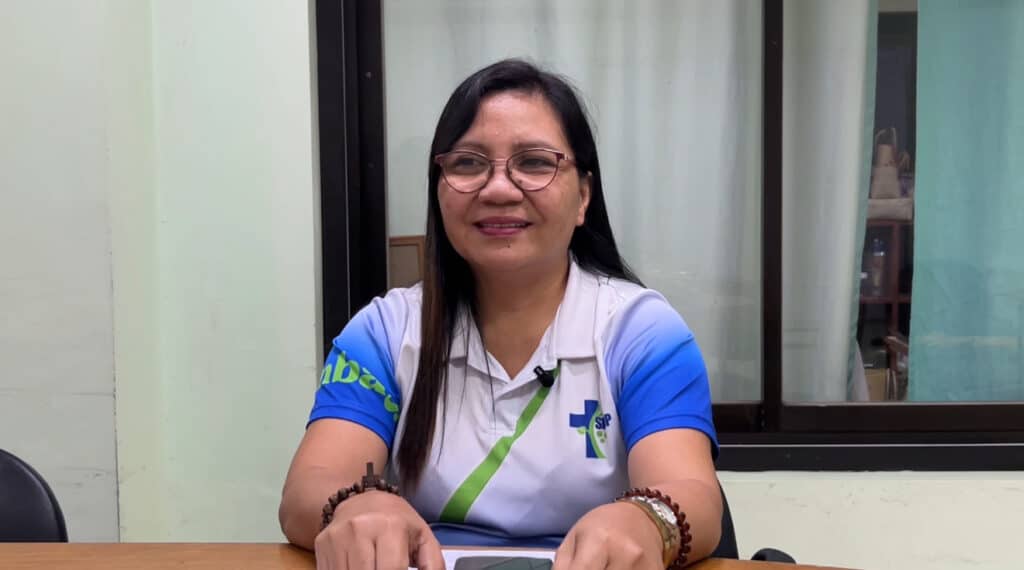
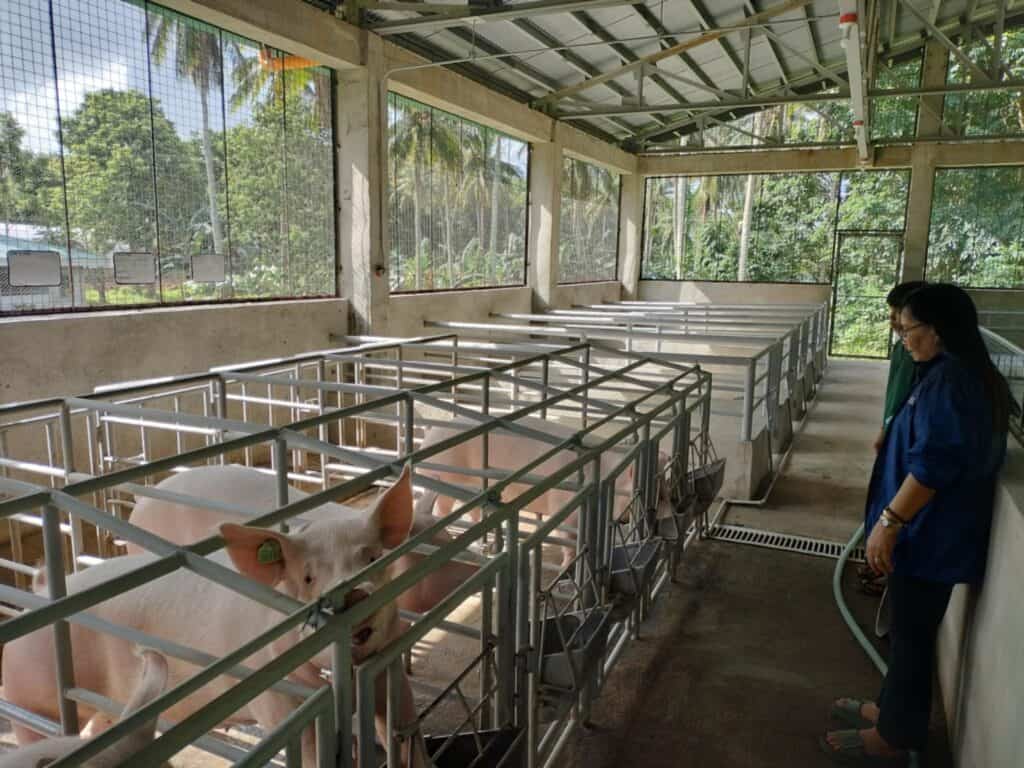
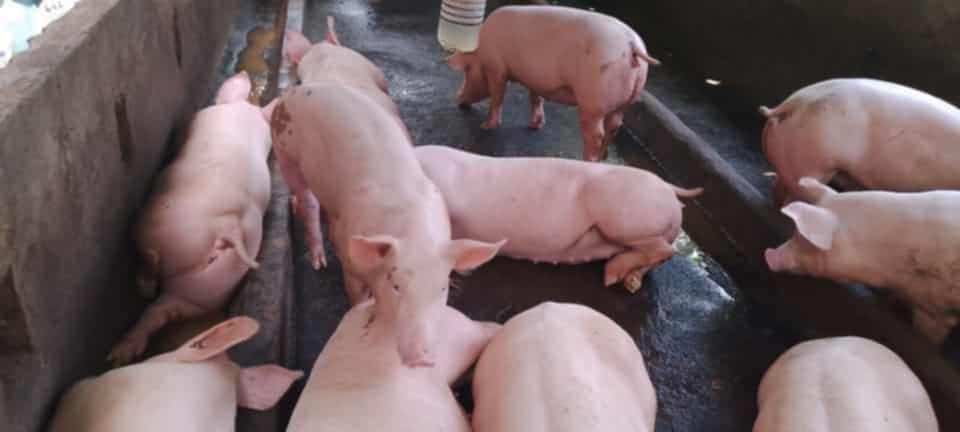
From farms to markets, women at the helm
For SEDP-MPC, initiatives like the Pili Hub and Babuyang Walang Amoy form part of a broader strategy to safeguard community progress against climate and economic shocks. With the diocese’s blessing, these programs blend economic empowerment with the values of stewardship, solidarity, and service, all guided by a quiet but unwavering force: faith.
“The passion to help communities, to help the nanays, is what sustained us,” says SEDP Executive Director Bonaobra. “We moved forward with prayers, the bishop’s support, and the dedication of our staff.”
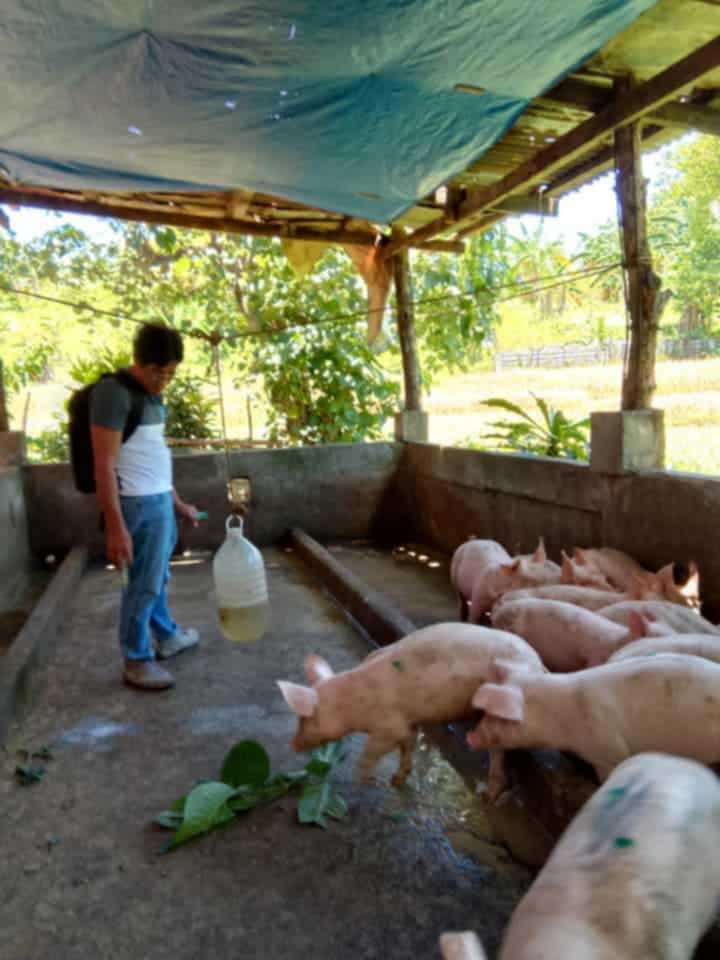
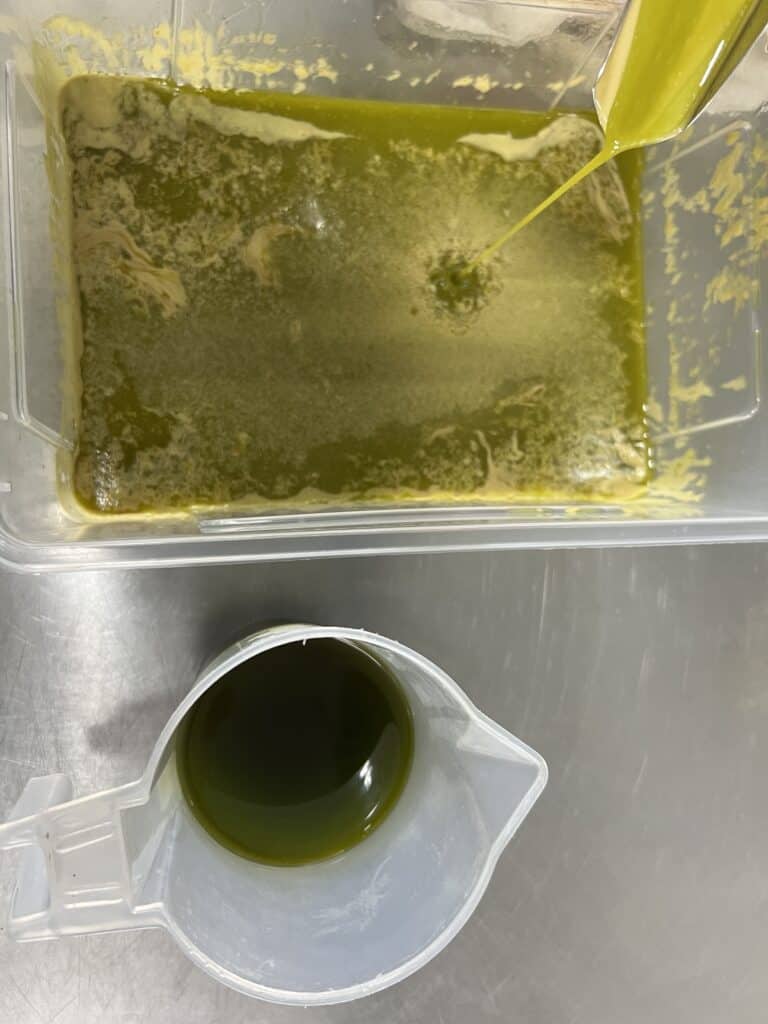
In 2023, this fusion of enterprise and resilience earned national recognition when SEDP became the first organization in Bicol to win a national award for its Pili Pulp Oil: a milestone that affirmed the potential of local products to compete on a larger stage.
At the heart of these achievements are the women leaders who ensure that programs like the Pili Hub and Babuyang Walang Amoy operate efficiently, profitably, and sustainably, especially amid climate disruptions and economic uncertainty.
While the long-term impact of these projects is still unfolding and may be jeopardized by the climate crisis, signs of resilience are already emerging. One clear indicator: the Department of Agriculture has integrated Babuyang Walang Amoy into its Adaptation and Mitigation Initiative in Agriculture (AMIA) program, which promotes climate-smart farming nationwide. Meanwhile, the Pili Hub’s solar dryers, crop diversification, and storage systems are helping farmers in this typhoon-battered region not just survive the storms, but bounce back stronger.
Editor’s Note: The organization is currently occupied and unable to coordinate beneficiary interviews at this time. A follow-up story focusing on their experiences will be published later.
Funding disclosure: This work was supported by WAN-IFRA Women in News. This story reflects the author’s perspective and not those of WAN-IFRA Women in News.
